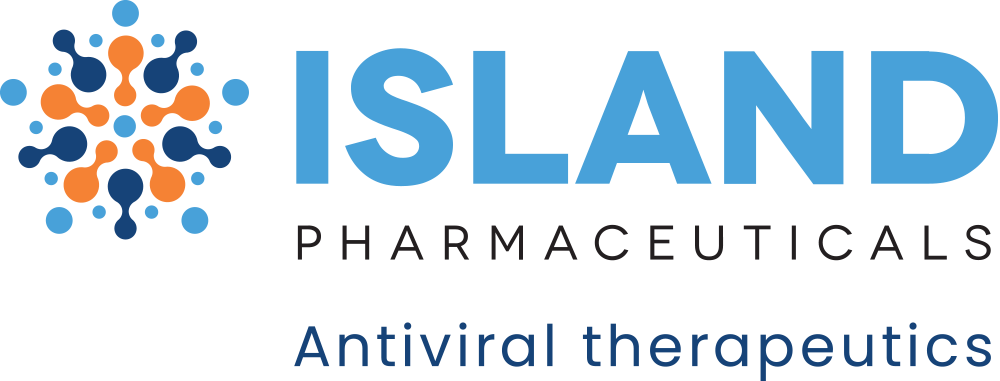Welcome to the December edition of IslandWatch, and season’s greetings to everyone 🎄 Before diving into our last issue of IslandWatch for this year, we would like to extend a sincere thank you to our shareholders, and to everyone who has been following Island’s journey. We thank you for your support throughout what has been a momentous year for the company, as we progress the development of our therapeutics targeting infectious diseases that represent high unmet needs on a global scale.
As reported throughout the year, 2024 saw the rise of dengue unfold in an unprecedented fashion:
- Significant numbers of confirmed cases: The European Centre for Disease Prevention and Controlshowed that since the beginning of 2024, over 14 million dengue cases and over 10,000 dengue-related deaths have been reported globally. This marks more than double the over five million cases and 5,000 deaths reported in 2023, which at the time represented a historic high.
- Ideal conditions for mosquito breeding: A warmer climate combined with increased humidity created a perfect breeding ground for mosquitoes around the globe.
- The rapid spread of Aedes albopictus: Also known as tiger mosquitoes, this species brought dengue to inland regions due to their higher tolerance and adaptability to urban and temperate environments. In 2024, locally transmitted dengue cases were reported in countries such as Austria, France, and Germany.
With half of the world’s population at risk and no existing cure, dengue has become a pressing global public health concern. The need for effective prevention and treatment is more urgent than ever.
In this last issue, we briefly recap some key milestones from the year, and provide a glimpse of what to expect in early 2025.
THE YEAR THAT WAS...
From the completion of our Single Ascending Dose clinical study to confirming that anti-dengue activities were observed in our Phase 2a human clinical trial, the high potential we see in our lead drug candidate ISLA-101 continues to be validated. Earlier this month, Island CEO and Managing Director Dr David Foster joined ausbiz to speak about the trial data and what investors can look forward to in the new year. Watch this interview via this link.
Separately, as an important part of Island’s strategy of diversifying our asset portfolio, we entered into a binding agreement with NASDAQ-listed company BioCryst, and currently are conducting a due diligence program for their antiviral molecule galidesivir. This potential second asset targets a wide range of RNA viruses, including high-priority threats such as Ebola.
This year, the Island board has gone through some notable changes, with the addition of Mr Phillip Lynch as Executive Chairman, and Mr Chris Ntoumenopoulos as Non-Executive Director. Mr Lynch and Mr Ntoumenopoulos bring unique, deep knowledge in their respective areas to Island. We look forward to working collectively as a new, strengthened board in the new year for our shareholders.
DECEMBER HEADLINES
In December, we announced that ISLA-101 has been granted a key patent, “Method of viral inhibition”, by the United States Patent and Trademark Office (USPTO). This is an expansion of Island’s intellectual property portfolio and provides enhanced protection for ISLA-101.
Post this announcement, Pitt Street Research published a report on Island’s clinical progress, with a valuation of A$83.0m in the base case and A$109.1m in the bull case, which is $0.31 per share and $0.42 per share respectively.
DID YOU KNOW?
Mosquitoes have specialised sensors that detect the carbon dioxide humans exhale. This is one of the main ways they hone in on humans. They can sense CO2 from as far as 75 feet (about 23 meters) away! That’s why they tend to buzz around our faces – we're exhaling the most CO2 there.
So, the harder we breathe, the more attractive we might be to these tiny hunters!
We wish you a joyous holiday season. Keep an eye out in January for more information on the commencement of the ISLA-101 Phase 2b trial, with the initial data readout expected to land around Easter time.

.png)
